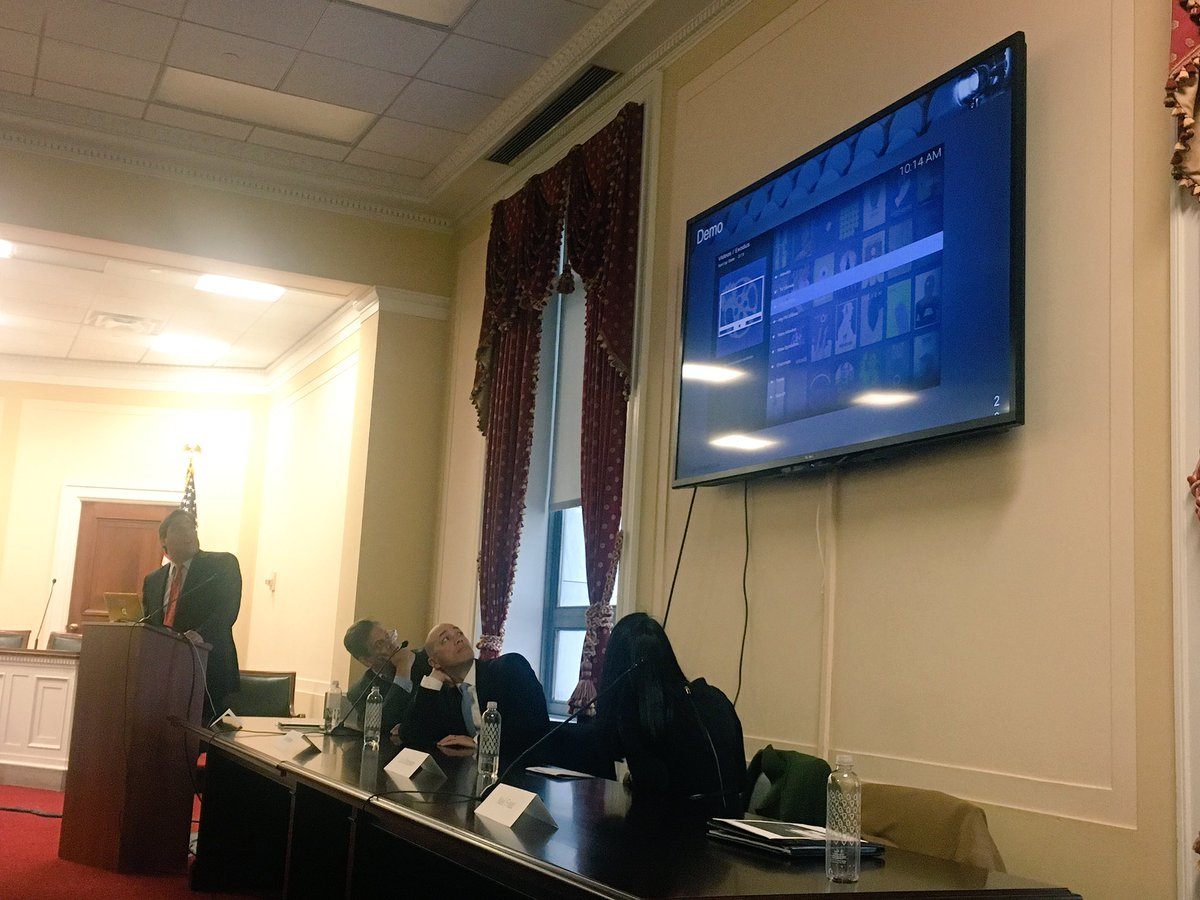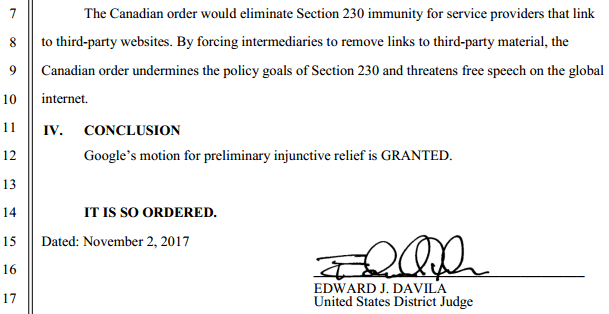Piracy ‘Fines’ Awareness Causes 13% of Pirates to Stop Pirating, Study Finds
dimanche 5 novembre 2017 à 11:34 Figuring out what to do about the online piracy problem is an ongoing puzzle for rightsholders everywhere. What they’re all agreed upon, however, is the need to educate the public.
Figuring out what to do about the online piracy problem is an ongoing puzzle for rightsholders everywhere. What they’re all agreed upon, however, is the need to educate the public.
Various approaches have been deployed, from ISP-based ‘education’ notices through to the current practice of painting pirate sites as havens for viruses and malware. The other approach, of course, has been to threaten to sue pirates in an effort to make them change their ways.
These threats have traditionally been deployed by so-called copyright trolls – companies and groups who have the sole intention of extracting cash payments from pirates in order to generate an additional revenue stream. At the same time, many insist that their programs are also designed to reduce piracy via word of mouth.
While that might be true in some cases, there’s little proof that the approach works. However, a new study carried out on behalf of the Copyright Information and Anti-Piracy Center (CIAPC) in Finland suggests that they may have had some effect.
The survey was carried out between 11 September 2017 and 10 October 2017 among people aged 15 to 79-years-old. In total, 1001 people were interviewed, 77% of whom said they’d never used pirate services.
Of all people interviewed, 43% said they’d heard about copyright holders sending settlement letters to Internet users, although awareness rates were higher (between 51% and 55%) among people aged between 25 and 49-years-old. Predictably, awareness jumped to 70% among users of pirate services and it’s these individuals that produced some of the study’s most interesting findings.
Of the pirates who said they were aware of settlement letters being sent out, 13% reported that they’d terminated their use of pirate services as a result. A slightly higher figure, 14%, said they’d reduced their use of unauthorized content.
Perhaps surprisingly (given that they aren’t likely to receive a letter), the study also found that 17% of people who listen to or play content on illegal online services (implication: streaming) stopped doing so, with 13% cutting down on the practice.
“According to the Economic Research Survey, these two groups of respondents are partly overlapping, but it can still be said that the settlement letters have had a decisive impact on the use of pirated services,” CIAPC reports.
The study also found support for copyright holders looking to unmask alleged Internet pirates by compelling their ISPs to do so in court.
“The survey found that 65 percent of the population is fully or partly in favor of rightsholders being allowed to find out who has infringed their rights anonymously on the Internet,” the group adds.
Overall, just 17% of respondents said that rightsholders shouldn’t be able to find out people’s identities. Unsurprisingly, young pirates objected more than the others, with 35% of 25 to 49-year-old pirates coming out against disclosure. That being said, this figure suggests that 65% of pirates in this group are in favor of pirates being unmasked. That appears counter-intuitive, to say the least.
Speaking with TorrentFreak, Pirate Party vice council member of Espoo City Janne Paalijärvi says that study seems to have omitted to consider the effects of legal alternatives on pirate consumption.
“The analysis seemingly forgets to fully take into account the prevalence of legal streaming services such as Netflix,” Paalijärvi says.
“Legitimate, reasonably-priced and easy-to-use delivery platforms are the number one weapon against piracy. Not bullying your audience with copyright extortion letters. The latter approach creates unwanted hostility between artists and customers. It also increases the demand for political parties wanting to balance copyright legislation.”
Overall, however, Finland doesn’t appear to have a serious problem with piracy, at least as far as public perceptions go. According to the study, only 5% of citizens believe that unauthorized file-sharing is acceptable. The figure for 2016 was 7%.
Source: TF, for the latest info on copyright, file-sharing, torrent sites and ANONYMOUS VPN services.
 If you enjoy this episode, consider becoming a patron and getting involved with the show.
If you enjoy this episode, consider becoming a patron and getting involved with the show. 

 When it comes to how piracy affects sales, there are thousands of different opinions. This applies to music, movies, software and many other digital products, including ebooks.
When it comes to how piracy affects sales, there are thousands of different opinions. This applies to music, movies, software and many other digital products, including ebooks. 
 Google regularly removes infringing websites from its search results, but the company is also wary of abuse.
Google regularly removes infringing websites from its search results, but the company is also wary of abuse. 